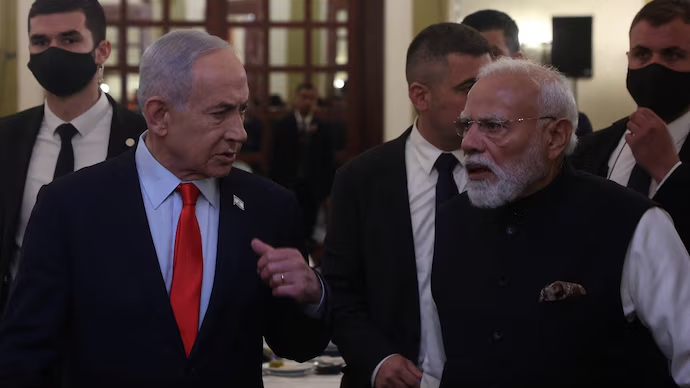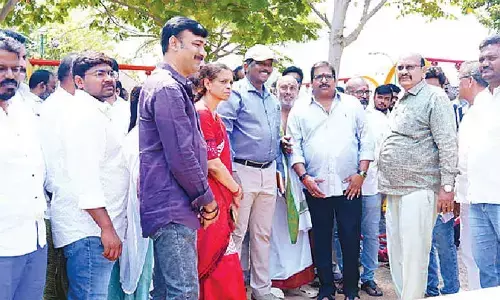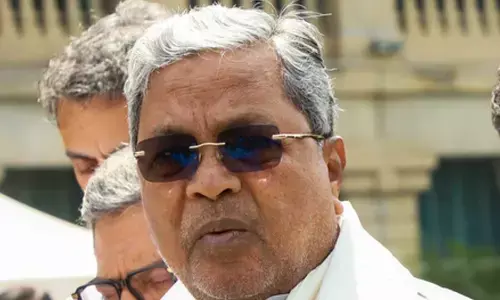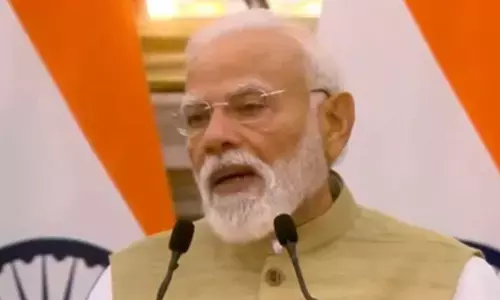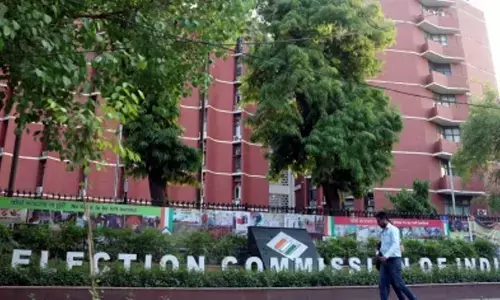e-Rupi: The cons of digital payment
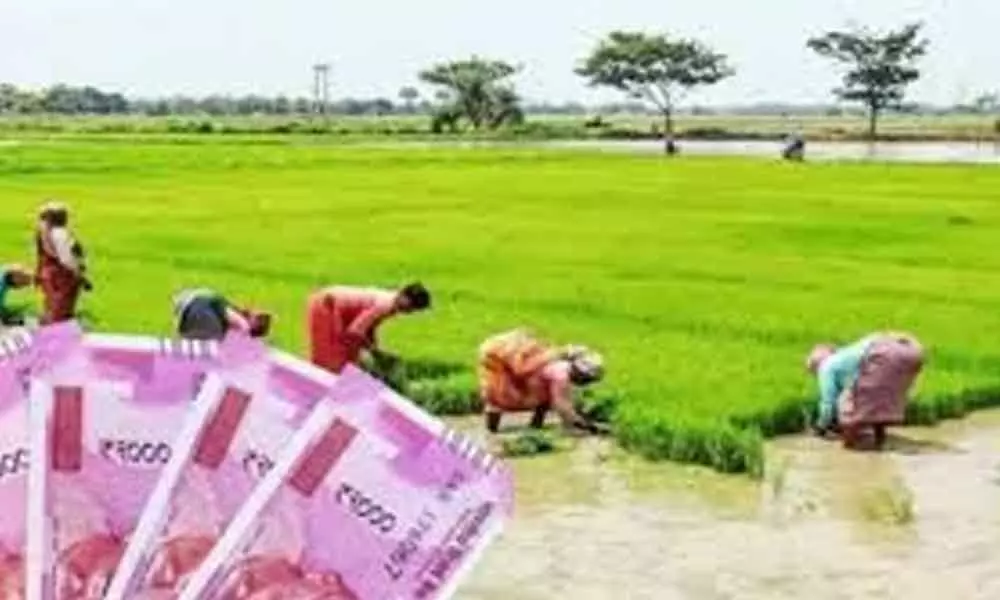
Representational Image
Tuberculosis (TB) is a major disease in our country. Its treatment requires that medicines be taken continuously for nine months. The bacterium, Mycobacterium tuberculosis, becomes resistant if the medicines are not taken regularly for the specified time.
Tuberculosis (TB) is a major disease in our country. Its treatment requires that medicines be taken continuously for nine months. The bacterium, Mycobacterium tuberculosis, becomes resistant if the medicines are not taken regularly for the specified time. The government has done well to appoint health workers to reach the medicines to the patients. The government officials purchase the medicines and field workers reach the medicines to the patients. This process opens up a number of opportunities of corruption. The officials can collect commissions in the purchase of the medicines; then, the store manager, the field worker or the patient himself can sell the medicines in the black market. The government has launched the e-Rupi system to cut such corruption and to reach the medicines directly to the patient without the government officials having to purchase them.
Under the e-Rupi system, the government will simultaneously inform the patient, the specified shop keepers and a designated bank of the issue of a particular e-Rupi voucher. The patient will receive a code on his mobile phone. The patient will go to any of the designated medical stores. He will show the code and the medical store will give him the medicines. The medical store will send the code to the designated bank and the bank will transfer the money to the account of the medical store. The government employees will not be required to physically handle the medicines and, hence, the chances of corruption will be less. Another major benefit is that the patient will get a choice of medical stores from where to obtain the medicine. The patient is empowered. The scheme is entirely welcome.
That said, many opportunities of leakages remain. To give an example, an informal market of the food grains distributed under the public distribution system (PDS) has been established in most villages. The beneficiaries sell the free food grains received if they need cash more than the grains. They sell the grains at less than the market price. Similarly, the patient may give the code to the medical store but buy some tonic or toothbrush or get some cash instead of the specified medicine. The medical store may pay the patient Rs 70 against an e-Rupi voucher while he may collect the specified Rs 100 from the bank. The e-Rupi system is good but will not lead to the elimination of leakages and corruption. The corruption will stop only if the patient understands the necessity of taking the medicines continuously for nine months. The philosophical basis of the government distributing TB medicines – whether directly or through e-Rupi – is that the patient does not understand the necessity of taking medicines continuously. Therefore, the government employees must reach the TB medicine to the patient. It is forgotten that one can take the horse to the water, but one cannot make him drink the water. Similarly, the government can reach the medicine to the TB patient either through the government employees as was done previously or through the e-Rupi system as proposed now, but the government cannot get the patient to take the medicine unless the patient himself understands the necessity of doing so.
That said, the government is moving in the right direction by empowering the patient to decide the shop from which to buy the medicine. Successive governments have indeed tried to prevent leakages from schemes such as fertiliser subsidy, LPG subsidy, medicines and food grains such as by linking the distribution of PDS grains to the Aadhaar card of the beneficiary. That has led to the elimination of large numbers of bogus ration cards. Yet, as discussed above, the leakage continues albeit at a reduced level.
I was once undertaking a survey of flood damage in Gorakhpur. The village-level worker was taking 20 per cent commission to give the relief cheques to the beneficiaries. The point is that leakages will continue as long as the government relies on the its employees to reach welfare to the beneficiaries. There is a need, therefore, to reconsider the very basis of these schemes and eliminate all leakages instead of doing patchworks such as the e-Rupi.
The idea of establishing large numbers of targeted welfare schemes is based on the presumption that the targeted people are "fools." They will not eat food grains, take medicines and apply fertilisers unless the government officers provide these items to them. This approach is contrary to the basic concept of democracy. We believe that the people are sovereign. They understand what is good for them so much so that they can correctly chose the right leader. If that is so, then we must also assume that the people are capable of understanding the need of applying chemical fertilisers, partaking of a nourishing food provided, and taking TB medicines continuously. The only limiting factor can be money, which I shall discuss shortly. And, if people are sovereign, then we must also assume that the people are competent to decide to use the money for the purchase of fertilisers, food grains or medicines. Then there remains no case for making schemes to provide fertilisers, food grains and medicines. Instead, the people can be given the money in cash and be empowered not only to buy medicines from a shop of their choice; but also empowered to decide whether to buy fertilisers, food grains or medicines. The myriad of welfare schemes can be merged, and the money provided directly to the people.
The role of the government is truly to provide information. Instead of establishing a huge bureaucracy to implement the schemes such as the e-Rupi, the government must launch a public education campaign to inform the people of the benefits of taking TB medicines regularly. The same applies to use of fertilisers and purchase of food grains. Such dissemination of information coupled with sovereignty of the people will beget the desired results.
The government employees, it seems, are less interested in undertaking dissemination of information, perhaps, because there are few opportunities of leakage here. Then, not having disseminated information, and having denied the people the opportunity of taking decisions about their own welfare, they make a case for themselves buying the medicines and providing to the patients and, in the process, they open up opportunities of corruption for themselves.
The contradiction of the welfare schemes is that the people are considered wise where election of the leader is concerned but fools where taking decisions about their own welfare is concerned. Let us respect the wisdom of the people and give them cash and information.
(The author is former professor of Economics at IIM, Bengaluru)



